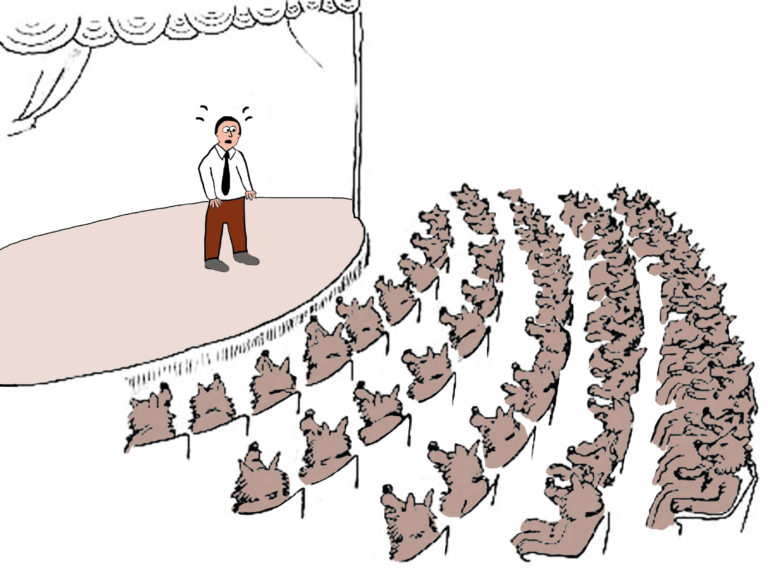
In a survey done by Charles Schwab in 2020, respondents reported that relationships were the most important factor in their overall happiness. A total of 39% of respondents ranked relationships as the top driver of overall happiness, compared with 27% reporting health, 17% money, 14% lifestyle and 3% career.[i] According to the CDC, when people are socially connected and have stable and supportive relationships, they are more likely to make healthy choices and to have better mental and physical health outcomes. They are also better able to cope with hard times, stress, anxiety and depression.[ii]
The Power of Relationships
Even though many people isolate themselves when they are sad or facing tough times, being with other people will almost always make us feel better. For most people, the quality of our relationships has the most important effect on our happiness, according to research. By creating a sense of belonging and meaning, several of our most fundamental needs as human beings are met.
Laurie Santos, professor at Yale University, related “When psychologists Ed Diener and Marty Seligman looked at people who scored in the highest 10th percentile on happiness surveys, they discovered that there was one activity that set happy people apart from the rest of us—happy people were more social. The results were so strong that these researchers deemed being around other people as a necessary condition for high happiness.[iii] Researchers also have discovered that people’s happiness increases when they focus on others through random acts of kindness, volunteering, checking in with friends who are struggling or donating to worthy causes. Doing kind things for others is very effective in increasing our well-being.
The Importance of Social Connection
“Here’s the most fundamental finding of happiness economics: The factors that most determine our happiness are social, not material…. Social connectedness is the most important of all the variables which contribute to a sense of wellbeing in life. And that is true at any age,” said Jonathan Rauch, author of The Happiness Curve.
Social connectedness includes having a variety of relationships with others. Several close relationships give more positive effect than multiple superficial connections. Having meaningful and regular social interactions provides a sense of support from friends, family and community members. In the veterinary profession, this often involves a group of peer veterinarians who meet regularly to share stresses as well as successes. Belonging to a group is one of the needs in Maslow’s Hierarchy of Needs, and it is right after basic life necessities like food and shelter in importance. Having close bonds with others allows a person to feel loved, valued, cared for and appreciated. By having multiple avenues for support, people can thrive more readily. People with stronger social bonds have a 50% increased likelihood of survival than those who have fewer social connections.
How to Increase Social Connections as an Equine Veterinarian
It can be hard for busy veterinarians to increase their social connections, especially if they are a solo practitioner or work excessive numbers of hours. Exhaustion limits the possibilities. Reaching out through regular monthly meetings of an emergency coalition or networking group can be a strong source of support and connection. Creating boundaries around your work life can create space to spend more meaningful time with family and friends. Joining a club or group, or taking a class related to an outside interest (pottery, volleyball) can offer the opportunity to meet other people outside of the horse world, which helps remind you that you are a person outside of veterinary medicine. Becoming involved with a community group or professional organization can be meaningful to make a positive difference as well as foster new relationships. As hard as it can be to make new adult friends, expand your social network by connecting with people you meet and inviting them to share an activity. Get to know your neighbors and maintain connections with distant friends by a regular text or phone call.
With social connections being such an important part of a healthy, happy life, you must not neglect them. Life is precious and fleeting—not only will maintaining loving connections nourish your life satisfaction, but it will help you avoid regrets as people inevitably leave us through death or decline.
[i] https://greggvanourek.com/the-most-common-myths-about-happiness/
[ii] https://www.cdc.gov/emotional-wellbeing/social-connectedness/affect-health
[iii] https://www.newsweek.com/2021/01/08/laurie-santos-yale-happiness-professor-5-things-that-will-make-you-happier-1556182.html








